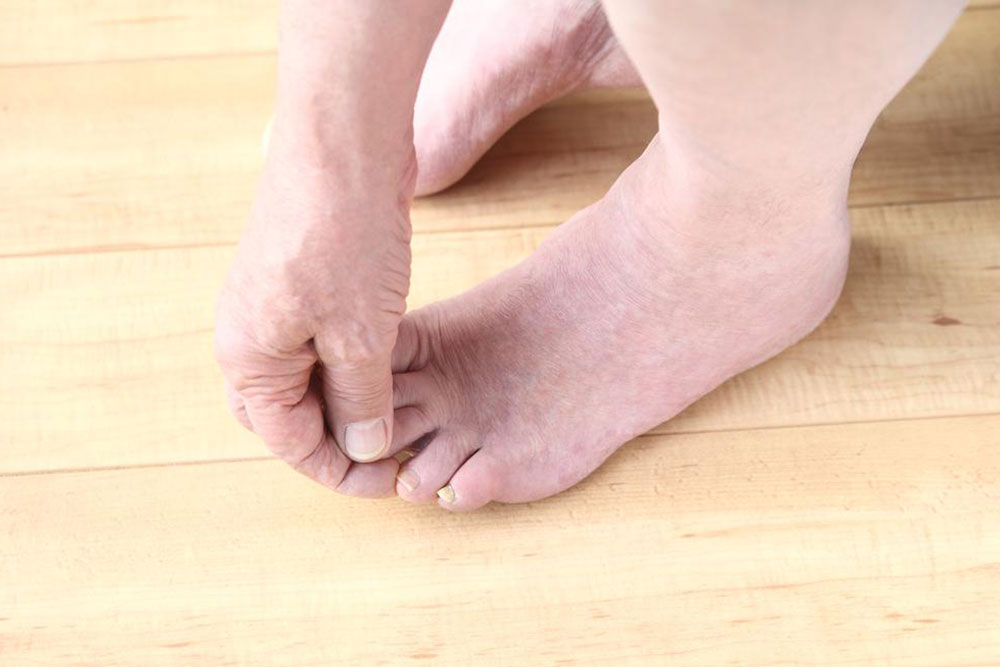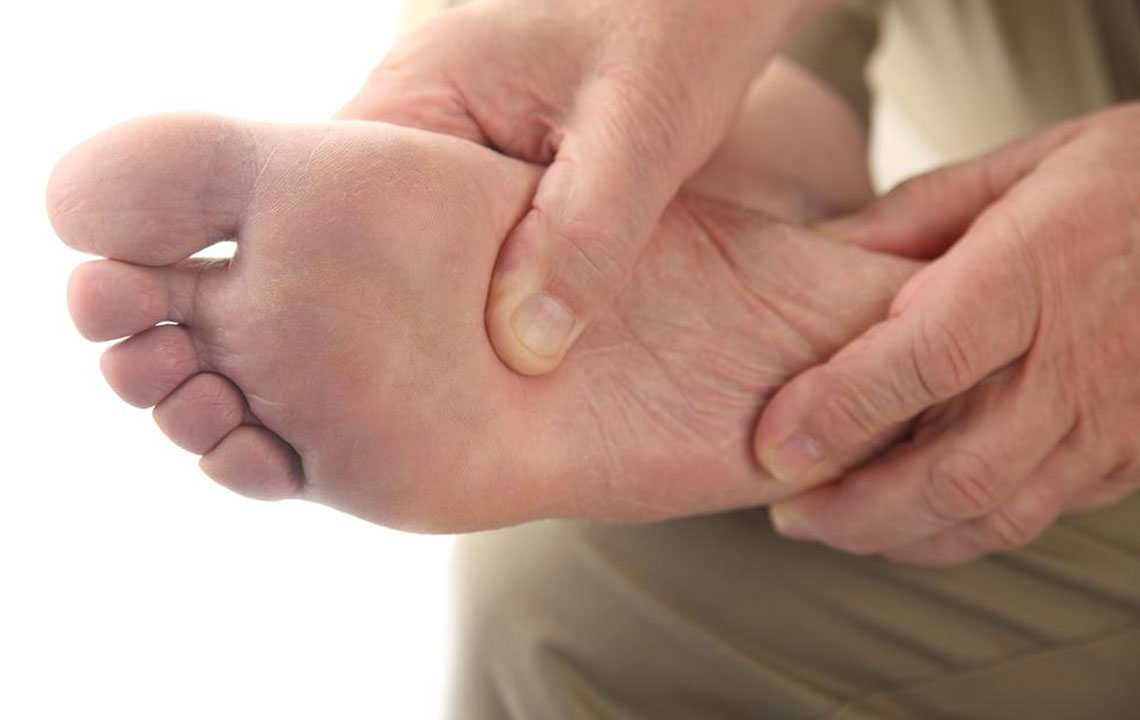Effective Strategies for Managing Diabetic Foot Discomfort
Discover effective strategies for managing diabetic foot pain. This guide covers blood sugar control, lifestyle changes, supplements, and therapies that can help improve comfort and prevent complications. Always consult your healthcare provider before starting new treatments for optimal safety.

Effective Strategies for Managing Diabetic Foot Discomfort
Diabetes mellitus affects much more than just your diet; it also brings several complications, including peripheral neuropathy—nerve damage caused by high blood sugar levels. This condition leads to sensations of pain, tingling, and numbness in the feet and hands, significantly impairing daily activities and impacting mental well-being.
While OTC medications can alleviate about 30-50% of the pain, comprehensive management strategies are essential for improved comfort and quality of life.
Here are practical approaches to reduce diabetic foot pain effectively:
Monitor blood sugar levels: Keeping blood glucose in check prevents worsening of nerve damage. Adhere to your prescribed diet and medications, including insulin if needed.
Maintain healthy weight: Eating balanced, nutrient-rich foods and engaging in regular exercise helps control weight, reducing stress on your feet and improving circulation.
Reduce stress: Managing stress levels can prevent spikes in blood sugar, promoting better overall health. Incorporate relaxation routines such as morning walks and disciplined living.
Use OTC pain relievers cautiously: Drugs like aspirin, ibuprofen, and naproxen may relieve nerve pain but consult your doctor first, especially as some can affect heart, kidney, or lung health.
Ensure adequate vitamin D: Maintain vitamin D levels through sunlight exposure and supplements if necessary. Adequate vitamin D is linked to lower diabetic foot pain.
Cease smoking: Smoking constricts blood vessels, impeding nerve nourishment. Quitting improves circulation and reduces pain.
Exercise regularly: Physical activity helps regulate blood sugar and enhances blood flow to the feet, decreasing discomfort.
Warm foot soaks: Soaking feet in warm water improves circulation and relaxes muscles. Verify water temperature to prevent burns.
Take supportive supplements: Alpha-lipoic acid supplements can protect nerves and ease pain. Always consult your healthcare provider before use.
Incorporate B vitamins: Supplements with vitamin B12 and B6 support nerve health and can reduce symptoms if deficiencies are present.
Apply capsaicin creams: Derived from chili peppers, these creams numb pain receptors and provide relief.
Practice relaxation techniques: Breathing exercises, yoga, meditation, and massage can significantly ease foot pain and improve mood.
Explore biofeedback therapy: Monitoring physiological responses helps learn control over pain and stress, reducing discomfort.
Adopt calming practices: Regular meditation, visualization, and massage techniques contribute to pain management and mental health.
Living with diabetes and foot pain can be challenging, but disciplined lifestyle choices and regular blood sugar monitoring can significantly alleviate symptoms. Always seek medical advice prior to trying new treatments or supplements to ensure safety and suitability.










